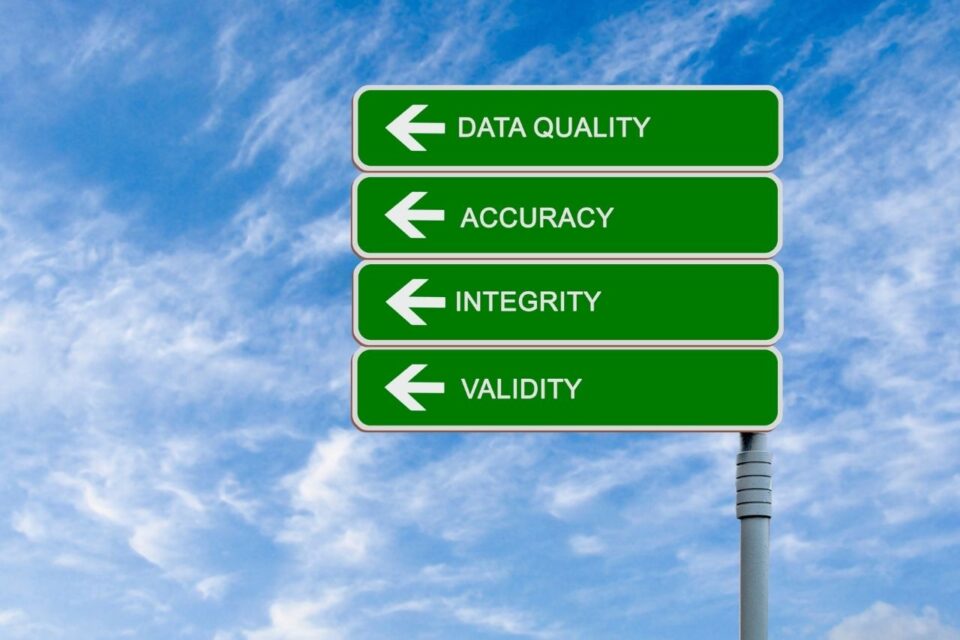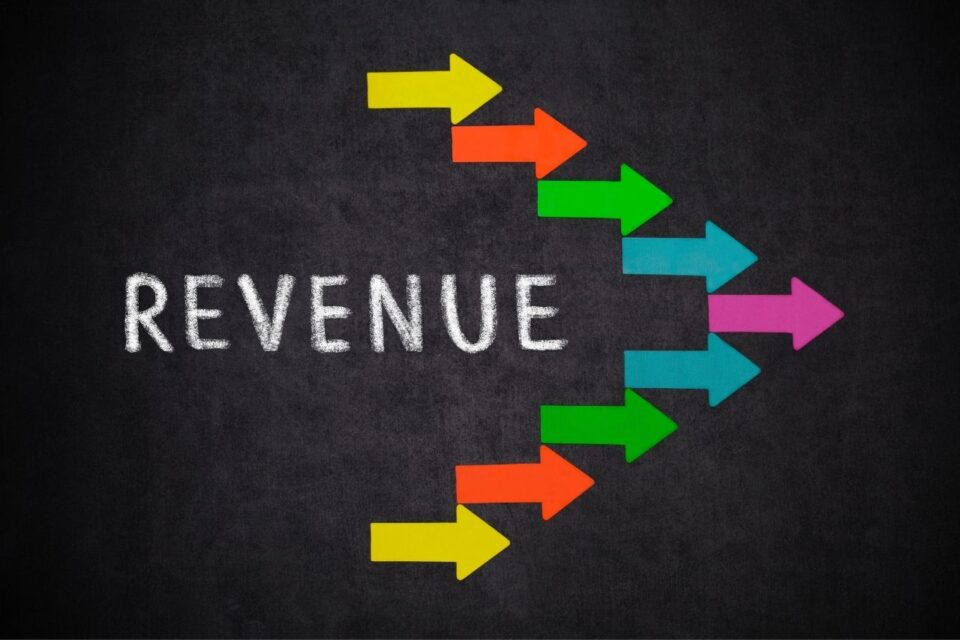
Revenue Cycle Management Integration Boosts the Bottom Line
September 30, 2018
Exploring Virtual Groups in the Quality Payment Program, MIPS
October 25, 2018Analytics and the use of big data is all the rage these days. The use of big data has opened doors, especially if they were to be used in the healthcare sector. This is because analytics can be used to ensure better diagnoses and overall improved prevention against diseases.
Different health care plans work for different people. The use of big data can allow healthcare providers to identify risk factors of every case and deliver a care plan accordingly.
Big data related to health care can also be used by insurers to deliver customized policies. However, people are not particularly happy with insurers gaining access to such data.
The Downside
Just like with every technology, Big data usage is also marked by a few flaws. The biggest one is related to privacy. Analytics and big data use a lot of sensitive and personal information to create relevant models. The fact that you are given access over such private data means that your privacy can be breached. If used for the wrong purposes, for instance, micromarketing, big data can be harmful.
What do people think?
It is important to understand what the masses think about giving access to personal data. LendEdu surveyed to assess the stance of people on the issue. The results of the survey showed that people were not comfortable with insurance companies using big data. Approximately 72% of the respondents believed that insurance companies should not be allowed to use big data.
Even though the attitude of the respondents was generally unfavorable when it came to sharing personal information, some did think that common healthcare data should be allowed to be accessed if it led to cheaper insurance policies.
The survey also delved in Genomics data. Here, DNA of individuals is used to create policies. The survey showed that only 18% of the total number of respondents didn’t mind insurance companies using DNA data to draft policies.
Even though this is a small percentage, it shows that people are not completely against sharing genomics data if it can help them get a cheaper policy than before.
Major insights of the survey
Overall, the LendEdu survey resulted in the following insights:
- Only 15% of respondents thought that it was okay for insurance companies to use big data for delivering policies.
- 49% agreed that insurers should be allowed to access daily data regarding healthcare.
- 18% said that using genomics data for determining cheaper policies was acceptable.
- 111% found it appropriate for insurance companies to install a tracker in their body in return of a low-cost policy.
- 55% of respondents thought that the use of big data by insurers is just as dangerous as if a tech company was using them.
Conclusion
It is safe to conclude that while people might not mind giving access to their data for better healthcare services, the same is not true for insurance policies. Most people are still concerned about their privacy and rightfully so. Time will tell if the attitude of the masses with change.
Learn how our software is saving other organizations $$MILLIONS!
If you are interested in a free demo of our AllPayor® Software, please go HERE or you can register for a FREE webinar HERE





